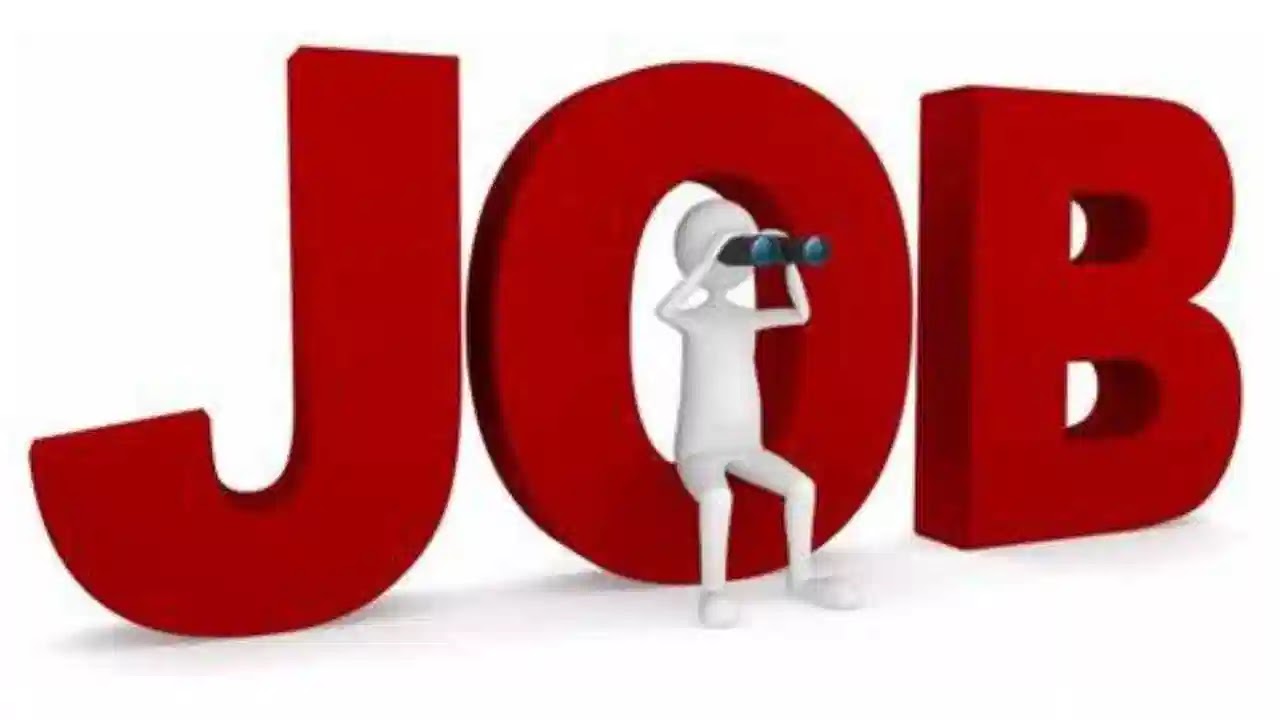Trump’s Immigration Agenda, A Political Strategy?
As Donald Trump gears up to assume office on January 20, the political coalition that secured his election victory seems to be fracturing even before his presidency begins. At the heart of this division lies a contentious issue: immigration—particularly the H1B visa program, which enables U.S. companies to recruit highly skilled foreign workers, with a significant number coming from India.
On one side of this debate are Trump’s far-right supporters, represented by figures such as Laura Loomer. On the other side stand influential tech leaders like Elon Musk and Indian-American entrepreneur Vivek Ramaswamy, who support preserving or even expanding the H1B visa program. This conflict highlights divisions within Trump’s coalition and sparks broader questions about the direction of U.S. immigration policy and its impact on India.
The debate reignited when Trump appointed Indian-origin entrepreneur Sriram Krishnan as an adviser on AI and tech policy. While Krishnan’s credentials are widely respected, his appointment sparked backlash from Trump’s far-right base. Laura Loomer, a vocal critic known for her history of racist remarks about Indian immigrants, accused Trump of “handing over control” of the government to Indian-Americans. She tied this to fears of a “third-world invasion” via the H1B visa program, echoing the controversial "Great Replacement" theory.
Loomer and her allies argue that H1B visas displace American workers by allowing companies to hire foreign talent at lower wages. She also claimed that tech firms exploit loopholes to bypass domestic hiring and training requirements.
In contrast, figures like Elon Musk advocate for the H1B program, emphasizing its importance in maintaining America’s competitive edge in the global tech industry, particularly against rivals like China. Musk and Indian-American entrepreneur Vivek Ramaswamy argue that the U.S. faces a significant shortage of domestic tech talent and that restricting H1B visas would stifle innovation.
For Musk, the stakes are particularly high. He has called for reforms, such as increasing salaries for H1B visa holders to ensure fair competition. Despite these proposed changes, Musk and his supporters view the program as essential to America’s technological leadership.
Introduced in 1990 to address a shortage of specialized talent in fields like engineering and medicine, the H1B visa program has become a key pathway for skilled Indian professionals, who now account for over 70% of H1B recipients annually. This migration has fueled the growth of the Indian diaspora in the U.S., which has tripled since 1990 to approximately 3 million people.
Indian-Americans have made significant contributions to the U.S. economy, founding major tech firms like Google and Microsoft and building unicorn startups with a collective valuation of $195 billion. As the wealthiest ethnic group in the U.S., they contribute an estimated $250-300 billion annually to federal tax revenues.
Despite these achievements, critics argue that the H1B program undermines American workers. A report by the Economic Policy Institute claims that some employers exploit the program by underpaying H1B workers and avoiding domestic hiring. This has fueled resentment, with figures like Nikki Haley, an Indian-American politician, calling for greater investment in training the local workforce.
Trump’s stance on H1B visas has undergone a noticeable shift. During his first term, he imposed stricter regulations, increased visa denial rates, and curtailed work opportunities for the spouses of visa holders. Recently, however, his rhetoric has softened. He has lauded the program as vital for attracting top talent, aligning himself with Musk and other tech leaders.
“I’ve always liked the visas,” Trump stated recently. “I’ve been a believer in H1B. It’s a great program.”
This shift signals Trump’s pragmatic acknowledgment of the tech industry’s influence and its importance to America’s global ambitions. However, it also sets the stage for future debates within his administration.
For India, the H1B program is a linchpin of its relationship with the U.S., fostering economic ties and deepening diplomatic relations. External Affairs Minister S. Jaishankar has highlighted the program’s transformative impact on bilateral ties.
Nevertheless, the anti-India rhetoric from Trump’s far-right supporters raises concerns. Is this backlash an isolated incident, or does it foreshadow a broader trend of targeting Indian immigrants? For now, the Indian government and diaspora remain vigilant.
As Trump assumes office, the H1B visa debate encapsulates broader questions about America’s identity, economic priorities, and global role. For India, it serves as both a test of resilience and a reminder of the complexities involved in navigating U.S. politics.


0 Comments